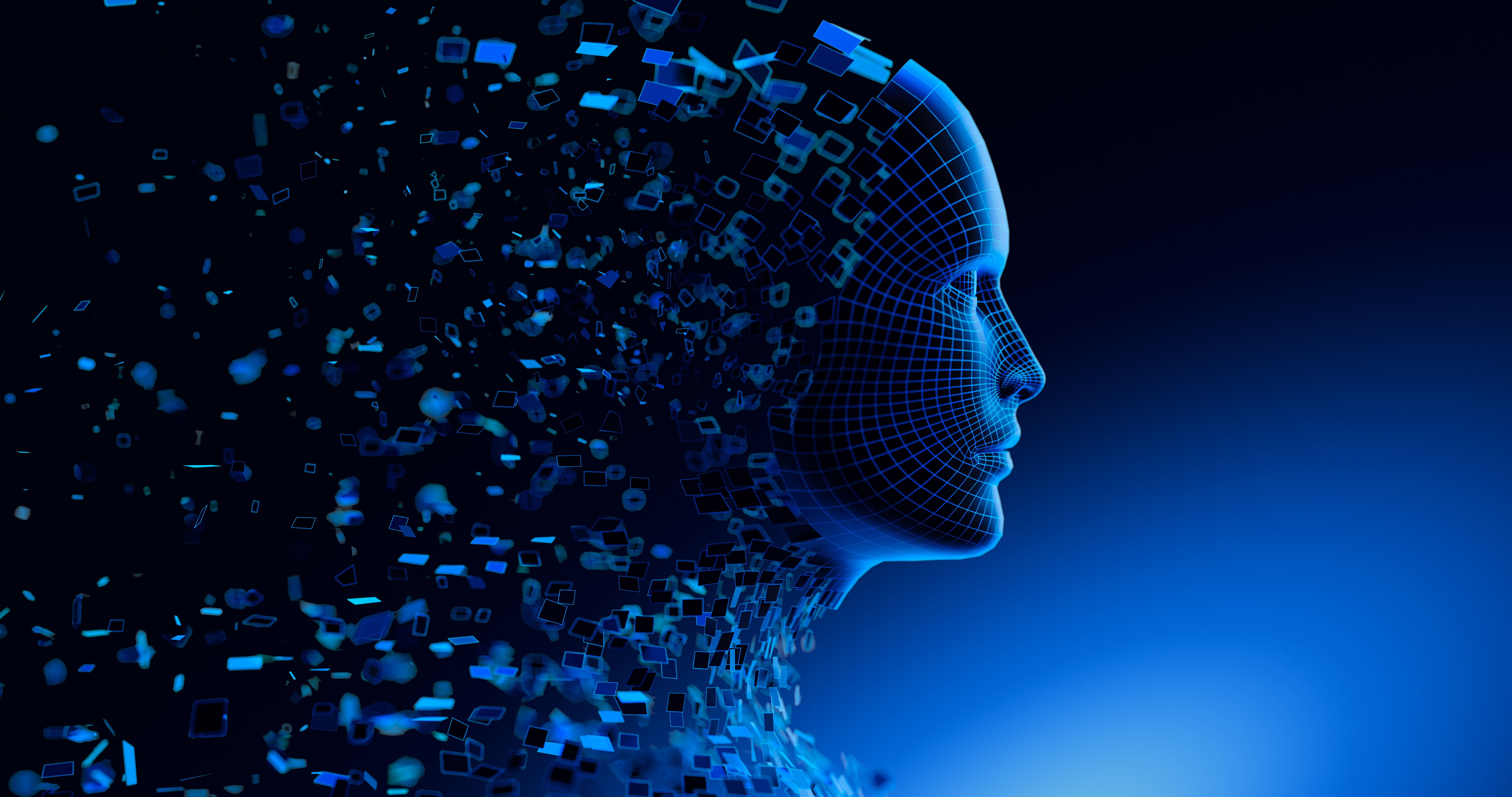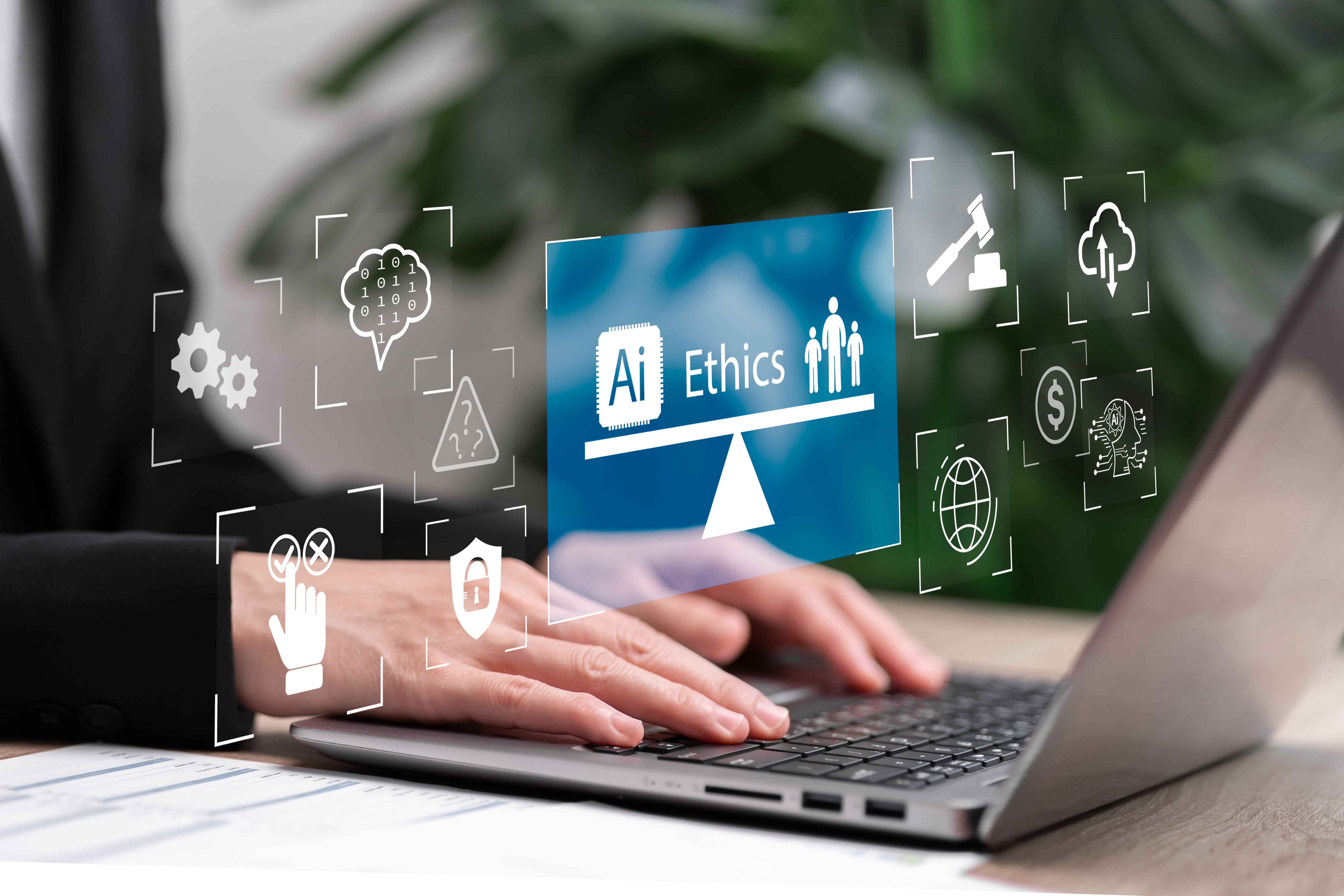AI's Role in Job Security and Employee Well-being
Understanding AI's Impact on Job Security
Artificial intelligence is rapidly transforming industries, leading to concerns about job security. While some fear that AI will replace human jobs, the reality is more nuanced. AI can automate repetitive tasks, allowing employees to focus on more strategic and creative work. This shift can enhance job satisfaction and open new opportunities for career growth.
However, it is crucial for workers to adapt by acquiring new skills that complement AI technology. Companies can play a significant role by investing in training and development programs to ensure their workforce remains competitive in an AI-driven world.

The Role of AI in Enhancing Employee Well-being
Beyond job security, AI has the potential to improve employee well-being. By automating mundane tasks, AI can reduce workplace stress and allow employees to focus on more meaningful aspects of their jobs. This shift can contribute to a healthier work-life balance and increased job satisfaction.
AI-powered tools, such as chatbots and virtual assistants, can also provide employees with quick access to information and support, further enhancing their productivity and reducing stress levels. These tools can help streamline communication and foster a more collaborative work environment.

AI's Role in Creating New Job Opportunities
While AI may replace some roles, it also creates new job opportunities. Industries like data analysis, cybersecurity, and AI development are experiencing rapid growth, demanding skilled professionals to fill new positions. As AI continues to evolve, it will likely create even more job opportunities in areas that involve oversight, creativity, and strategic planning.
Moreover, businesses will need professionals capable of interpreting AI data and making informed decisions based on those insights. This need will drive demand for roles such as data scientists and AI specialists.
Ensuring Ethical Use of AI in the Workplace
As AI becomes more integrated into workplaces, ensuring its ethical use is essential. Companies must establish guidelines to ensure that AI systems are transparent and used responsibly. Employees should be informed about how AI is being used in their workplace and how it impacts their roles.

Furthermore, businesses should prioritize data privacy and security to protect employee information when implementing AI technologies. By fostering a culture of transparency and trust, companies can mitigate potential concerns and promote harmonious integration of AI in the workplace.
Conclusion: Embracing the Future with AI
The integration of AI in the workplace is inevitable, but it doesn't have to be a threat to job security or employee well-being. With thoughtful implementation and a focus on skill development, AI can enhance productivity and create a more fulfilling work environment. By embracing these changes and preparing for the future, both businesses and employees can thrive in an AI-driven world.
Ultimately, the key to successfully navigating this transition lies in collaboration between employers and employees. Together, they can harness the power of AI to foster innovation, improve well-being, and ensure a secure future for all.